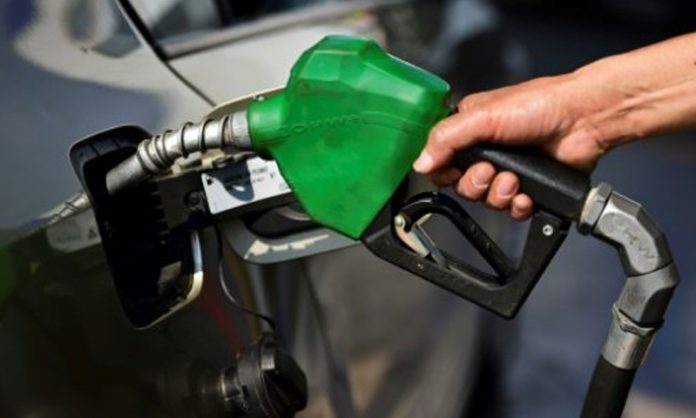PARIS: The average tax on petrol in 157 nations fell 13 percent from 2003 to 2015, even as the world acknowledged the need to slash greenhouse gases from fossil fuels, researchers reported Monday.
Over 13 years, consumption of gasoline rose in countries that lowered taxes or raised subsidies, they said in a study published in the journal Nature Energy.
Though only a third of the nations analysed took such measures, this was enough to tilt the global total in the direction of a net drop in gas taxes.
“Despite all the commitments to fight climate change, governments are failing to discourage fossil fuel consumption,” said lead author Michael Ross, a professor from the University of California at Los Angeles.
“At the global level, we are moving in the wrong direction,” he told AFP.
Under the 2015 Paris Agreement on Climate Change, 196 nations vowed to cap global warming at under two degrees Celsius (3.6 degrees Fahrenheit) — a goal that scientists say is achievable only if the world economy moves rapidly to cleaner energy.
With only 1 C (1.8 F) of warming so far, Earth has seen a crescendo of heat waves, drought, flooding and storm surges, driven by rising seas.
Experts have long argued that cutting subsidies for oil, gas and coal — and creating incentives, such as taxes, to curb their use — are essential tools for that transition.
The World Bank, the International Monetary Fund (IMF), the UN’s climate science panel and the International Energy Agency (IEA) have all advocated such measures.
But fossil fuel subsidies remain colossal: nearly half a trillion dollars (470 billion euros) in 2014, according to the IEA, with the IMF reporting $333 billion (315 billion euros) in direct consumer subsidies in 2015.





